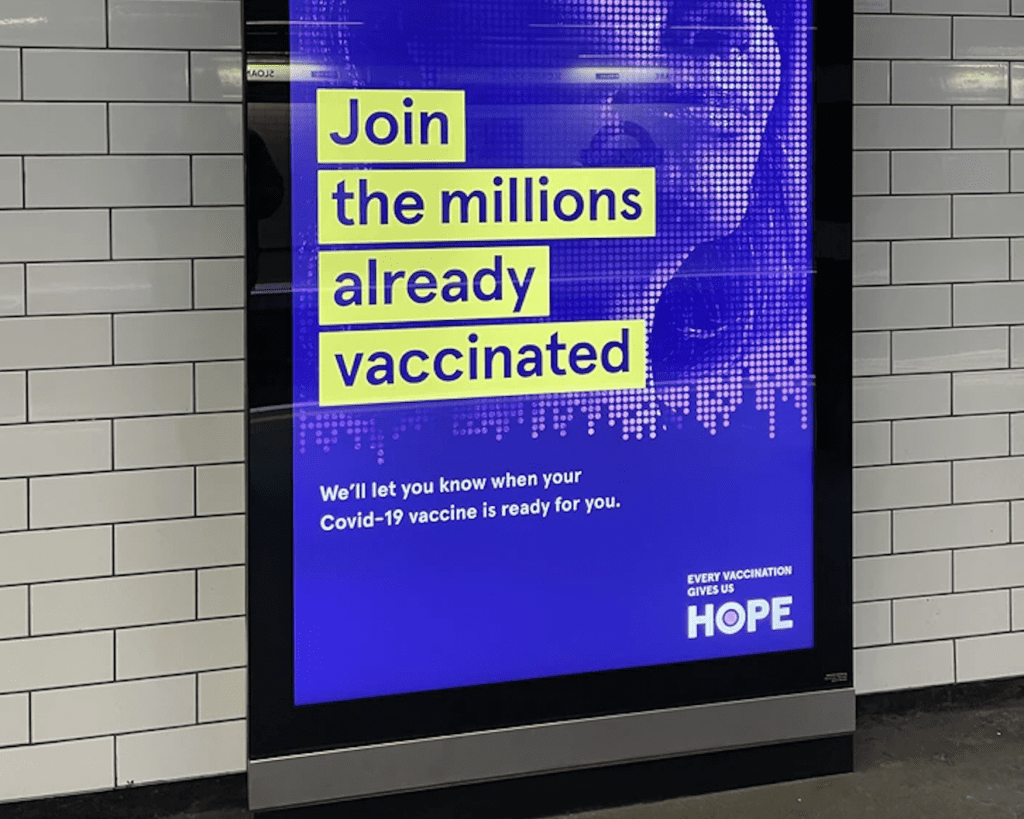As part of a six-pronged national strategy to combat COVID-19, President Biden announced last week that all private employers with 100 or more employees will need to ensure that their workforce is fully vaccinated or require any workers who remain unvaccinated to produce a negative test result on at least a weekly basis before reporting to work. Non-governmental entities and their work forces are expected to have between 50 and 90 days to comply with the order once it is signed off on by the Department of Labor as part of a sweeping mandate that will impact a combined 100 million private sector and federal laborers.
Biden’s initiative – which is the latest push to get individuals across the U.S. vaccinated – will raise an array of logistical and legal questions for the companies that it applies to. Among them, according to Troutman Pepper attorneys Emily Schifter, Tracey Diamond and Richard Gerakitis: Who will pay for non-vaccinated employees’ COVID-19 tests; whether employers will continue to be required to provide exemptions; whether the mandate will cover remote employees; how employers can verify the vaccination status of their workforce; and how the 100-employee threshold will be determined (the 100-employee trigger will apply on a company-wide basis, rather than on the number of employees at a particular site, per Occupational Safety and Health Administration (“OSHA”) senior advisor Ann Rosenthal, but it remains unclear how things like joint employment will factor in.)
(The impending Emergency Temporary Standard (“ETS”) on COVID vaccinations, which will be drafted by OSHA, will almost certainly bring about court challenges, including from states, employers, and/or labor unions. However, as Womble Bond Dickinson stated in a note this weekend, companies should still prepare for its implementation, with “the Biden administration likely to argue that the OSH Act – which generally gives OSHA the ability to issue an ETS that would remain in effect for up to six months without going through the normal review and comment process of rule making – provides OSHA the authority to issue Emergency Temporary Standards for employee safety.”
Meanwhile, Beveridge & Diamond PC attorneys Mark Duvall, Jayni Lanham, and Heidi Knight expect OSHA to defend the vaccine ETS by pointing to “rising infection rates, particularly among unvaccinated persons; the high transmissibility of the delta variant; and resistance to receiving the vaccine.” They note that the key requirements for an ETS are that OSHA determines that: “(1) employees are exposed to grave danger from exposure to substances or agents determined to be toxic or physically harmful or from new hazards, and (2) such emergency standard is necessary to protect employees from such danger.”)
Beyond purely legal and logistical issues, companies are expected to face potential public relations fall out depending on if/how they respond to the impending mandate. “Even if it does not spark many all-out protests, a company’s decision to ignore the mandate might impact brand image,” data intelligence company Morning Consult determined from a recent survey of 4,400 adults in the U.S. Aside from refusing to adopt the mandate, “The longer corporations wait to comply with the new rule, the more they risk reputational damage,” the survey suggests, with the majority of respondents (59 percent) saying that they support corporations with more than 100 employees requiring their staffs to be vaccinated or enforcing weekly testing.
While 70 percent of the individuals surveyed stated that they would “not go so far as to boycott companies that ignore the mandate, 30 percent said they would consider taking that action against brands that resist Biden’s new rule.” The survey similarly revealed that roughly 1 in 3 consumers (34 percent) would be “more likely to buy products from companies that adhere to Biden’s plan, compared with 12 percent who said they would be less likely to purchase from those businesses.” In terms of prioritizing companies that abide by the vaccine order and do so swiftly, Morning Consult found that “baby boomers [individuals who are currently between 57 and 75 years old], those who earn more than $100,000 per year, and white-collar employees are especially likely to spend money with brands that abide by the rule.”
With this in mind, companies are not only encouraged to begin preparing for OSHA’s ETS now, including by determining whether the ETS applies to their workplaces, how to deal with remote workers, how to handle employees who refuse both vaccination and testing, and how to keep records supporting compliance, among other things; they should also consider the role that the risk of bad press will play should they fail to abide by the mandate and implement it in a timely manner, as not only are monetary fines at play (the mandate is expected to carry with it a penalty of $14,000 per violation), potential damage to their reputation is at stake, as well.











